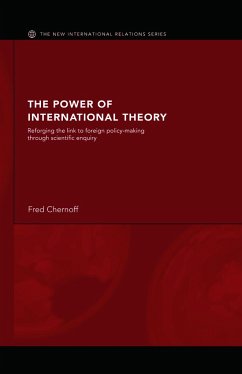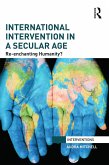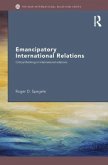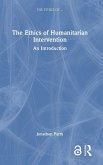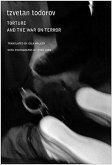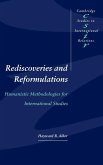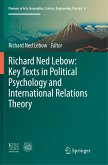The discipline of International Relations was created with a purpose of helping policy-makers to build a more peaceful and just world. However, many of the current trends, post-positivism, constructivism, reflectivism, and post-modernism share a conception of international theory that is inherently incapable of offering significant guidance to policy-makers. The Power of International Theory critically examines these approaches and offers a novel conventional-causal alternative that allows the re-forging of a link between IR theory and policy-making. While recognizing the criticisms of earlier forms of positivism and behavioralism, the book defends holistic testing of empirical principles, methodological pluralism, criteria for choosing the best theory, a notion of 'causality, ' and a limited form of prediction, all of which are needed to guide policy-makers. This book will be an invaluable text for advanced students and researchers in the fields of international relations theory and the philosophy of social science.
Hinweis: Dieser Artikel kann nur an eine deutsche Lieferadresse ausgeliefert werden.
Hinweis: Dieser Artikel kann nur an eine deutsche Lieferadresse ausgeliefert werden.

